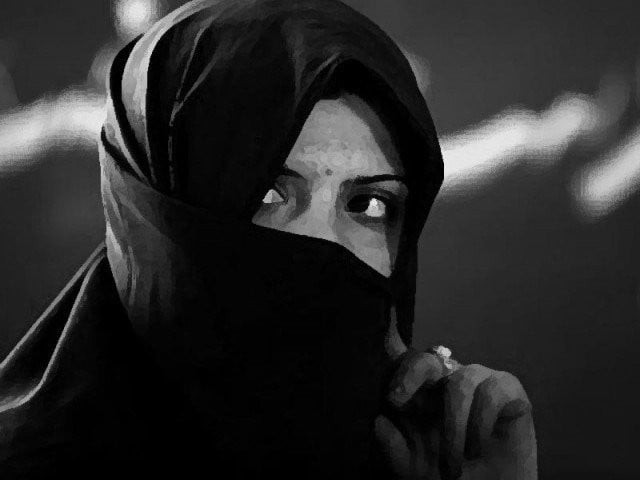One woman’s tale of picking up the pieces
Bibi Jehan gathered women from her devastated village and set up honey farms

Bibi Jehan gathered women from her devastated village and set up honey farm. PHOTO: FILE
From the Attabad Lake disaster in 2010 to the floods, landslides and earthquakes, Gilgit-Baltistan has suffered through them all.
However, some have managed to pick themselves up and rebuilt their lives.
Bibi Jehan, from the Damas valley in Ghizer district, had seen floods wash away her home in 2010. She lost cattle and fruit-bearing trees in the deluge, robbing her of her only source of livelihood.
But the mountains had over the years made her hardy and resilient — extremities of weather normal for her.
Jehan decided to take on this newest challenge head-on and turn it into an opportunity. She gathered some other women in her village gathered a buzz of honey bees around her.
This woman has been making the internet a safer place for Pakistani women
Seven years later, she is now the owner of a successful honey bee business which fulfils her family’s economic needs.
On Women’s Entrepreneurship Day (WED) on Sunday, Jehan recounted how she saw flood waters drown all of her possessions.
“I started from scratch after the natural disaster struck our valley, but I am now a successful businesswoman,” she told a gathering of nearly 200 prospective women entrepreneurs at an event organised by Hashoo Foundation in Gilgit as part of Women’s Entrepreneurship Day (WED).
“After the floods, we sought help from many institutions, including the government,” she said, adding that in the end, it was the foundation which helped them back on their feet through their Honey Bee Farming programme, which was first started in the region
in 2007.
Jehan said that initially, she had 25 women with her, who received kits and training to set up the farm. Later, after they started producing honey, they received assistance to market their products.
“Now our group’s annual income is about Rs500,000, and we do not have to beg for money from our men,” said Jehan, who is now the president of her business group – the Sosan Business Group.
Bulbul Shams, the regional in charge of the foundation, said that they had helped set up 19 women groups in G-B.
Tale of a woman spread across borders, religions
“These group now collectively earn Rs25 million annually from their businesses,” said Shams, adding that they also link women to local and national markets to maximise their profits, which are then invested into their children’s health and education.
G-B Council Member Arman Shah offered to help set up a separate chamber of commerce for women in the region.
Published in The Express Tribune, November 20th, 2017.



















COMMENTS
Comments are moderated and generally will be posted if they are on-topic and not abusive.
For more information, please see our Comments FAQ